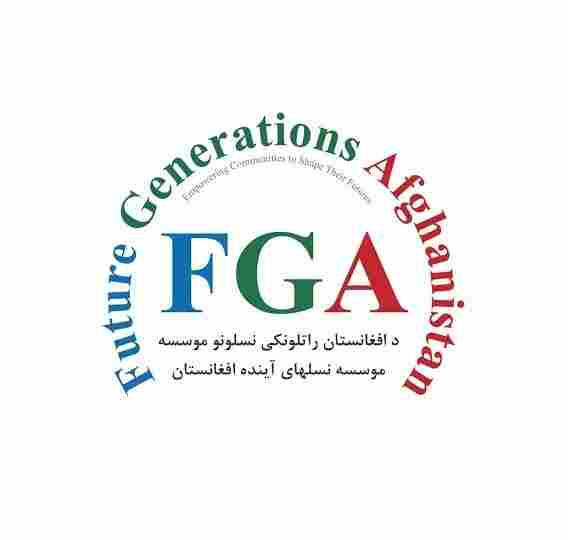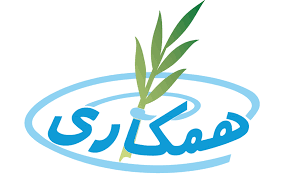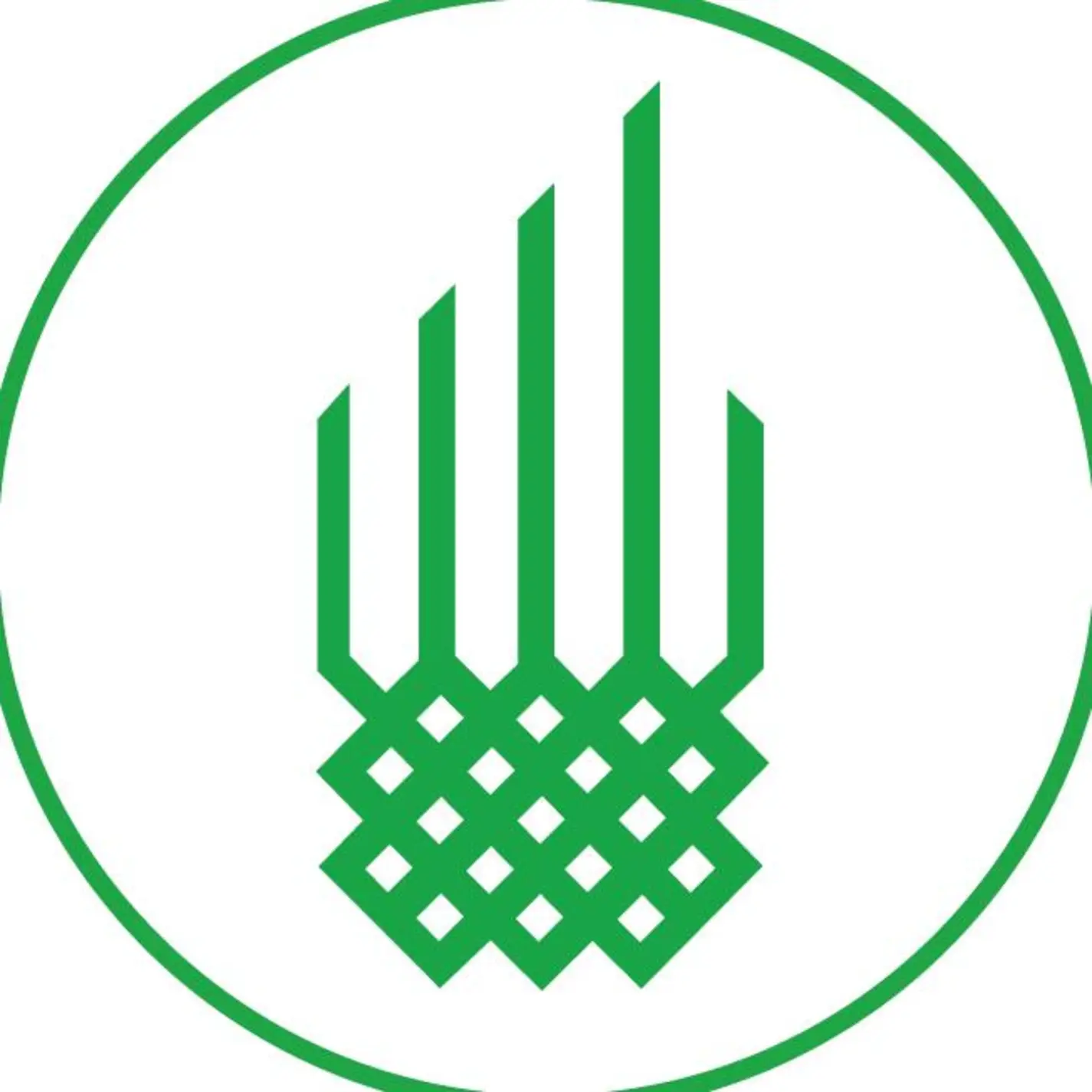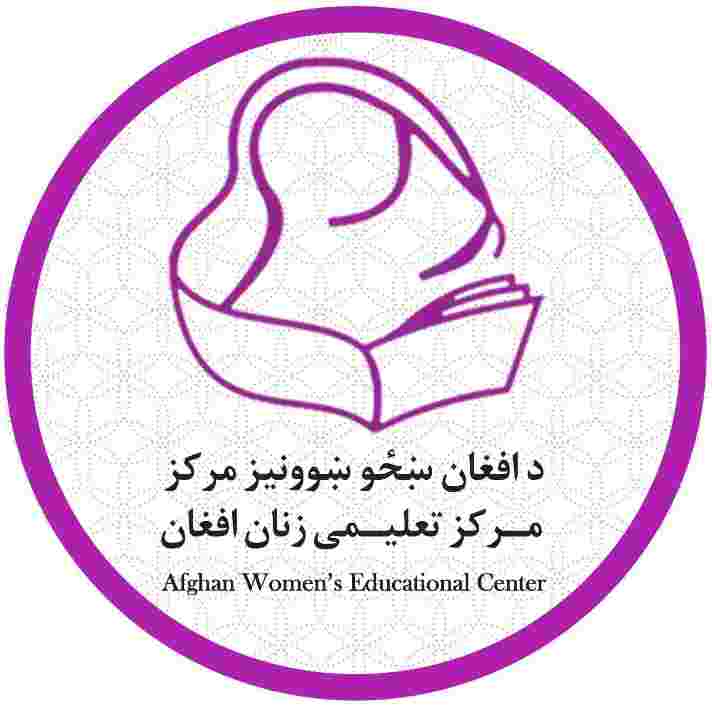• Lead design and delivery of gender- and age-responsive livelihood training packages for women, adolescent girls, and youth engaged in First Foods microenterprises and Madar Kitchens.
• Conduct market assessments to identify viable vocations (e.g., food processing, goat breeding, value-chain enterprises) aligned with local demand and nutrition outcomes.
• Develop curriculum and training modules on nutrition-sensitive entrepreneurship, safe food production, and market-driven value chains.
• Facilitate practical skills training in food preparation, hygiene, packaging, and small business management for target groups.
• Support establishment and scaling of women- and youth-led microenterprises and Community Interest Groups (CIGs) producing complementary foods.
• Provide technical guidance on safe processing, labelling, packaging, and storage of nutrient-dense foods.
• Coordinate incubation grants for youth- and women-led innovations in First Foods businesses, ensuring transparent selection and monitoring.
• Mentor beneficiaries in entrepreneurship, financial literacy, and market linkage strategies.
• Strengthen business linkages between microenterprises, SMEs, and private sector actors for sustainable production and distribution.
• Promote inclusive participation of women and adolescent girls by addressing barriers such as mobility, decision-making power, and cultural norms.
• Integrate gender equity into all livelihood activities, ensuring women’s leadership roles in production and decision-making.
• Collaborate with WASH promoters to align livelihood activities with safe food preparation and household hygiene practices.
• Support vocational diversification, including goat breeding and other nutrition-sensitive livelihoods, to enhance household income and food security.
• Ensure alignment of livelihood interventions with national nutrition and IYCF strategies through coordination with MoPH and line ministries.
• Develop monitoring tools to track progress of livelihood beneficiaries, including sex- and age-disaggregated data.
• Document success stories and lessons learned from livelihood interventions for donor reporting and community advocacy.
• Coordinate with CHWs and Nutrition Counselors to integrate livelihood skills into MIYCN counselling and recipe book demonstrations.
• Establish peer-learning platforms such as mother-to-mother circles and Madar Innovation Kitchens for practice-based learning.
• Provide technical input into the design of IEC materials and recipe books to ensure livelihood relevance and affordability.
• Support sustainability planning by linking microenterprises to local markets and private sector supply chains beyond project funding.
• Ensure compliance with CHA’s Code of Conduct, Child Safeguarding, and PSEA/SH standards in all livelihood activities.
• Train project staff and partners on livelihood approaches, entrepreneurship, and gender-responsive facilitation.
• Monitor grant utilization by microenterprises and youth-led initiatives to prevent misuse and ensure impact.
• Contribute to risk mitigation by advising on operational challenges (e.g., insecurity, transport, market fluctuations) affecting livelihoods.
• Prepare technical reports and inputs for donor communication, highlighting livelihood outcomes, challenges, and recommendations.





